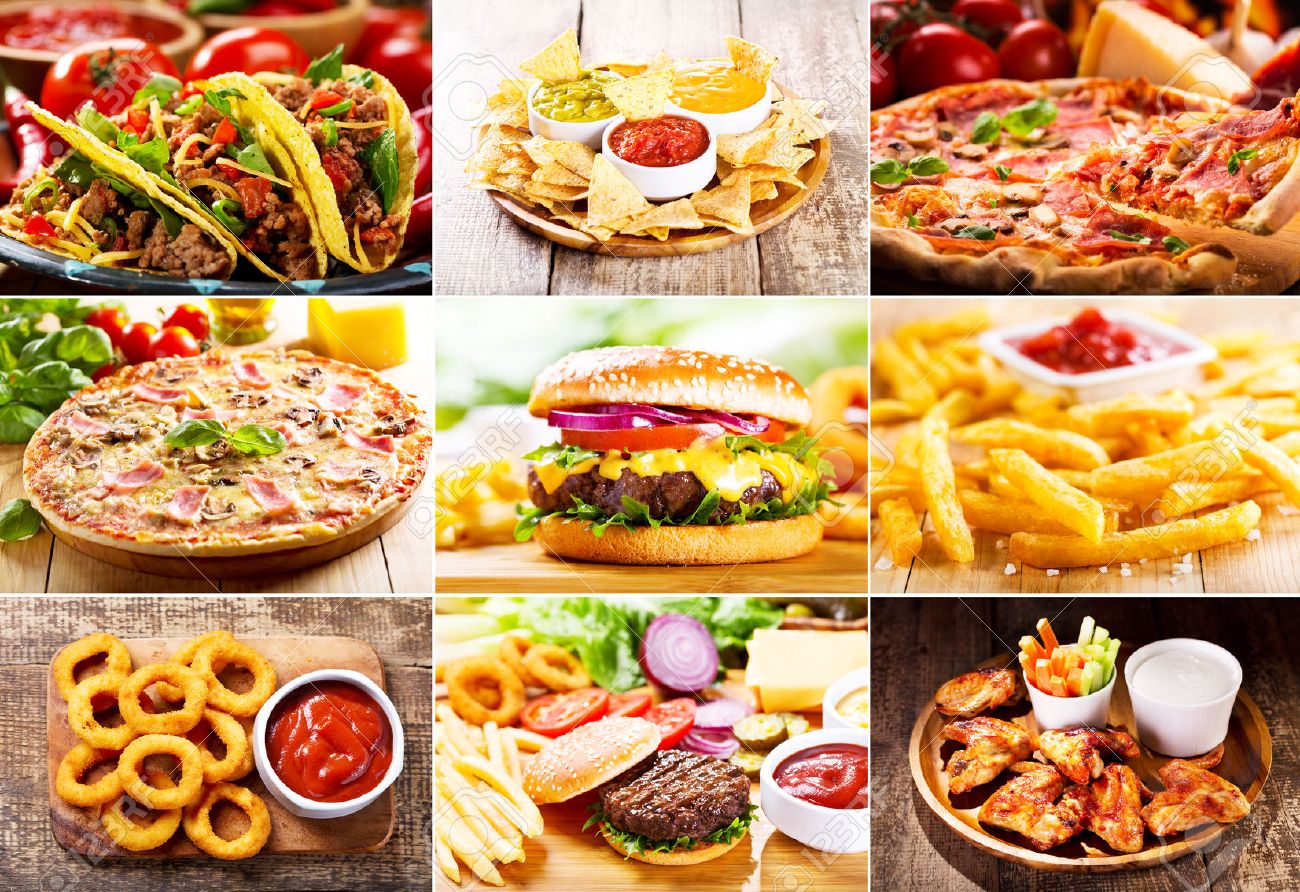I was raised in Kansas but attended a seminary university in distant Ohio. One weekend, a schoolmate who lived nearby invited me to his home. Upon arriving that Friday evening, he asked what time I would love to eat. I said, “Whatever time your mother is serving supper.
He stated, “My mother doesn’t cook.
I requested, “Your mom doesn’t prepare dinner on Friday evenings?
No,” he said. “My mother doesn’t cook dinner at all.” He may as properly have stated, “My mother is a space alien.” The perception became one which I had in no way taken into consideration. No judgment. I no longer inquired why neither she nor everyone else cooked within the home. It was startling because it changed, became just some other “You’re no longer in Kansas anymore” moment.

Though we were allowed soup and sandwiches in front of the TV while Lassie changed into one, my family ate its different 20 foods every week on the table. Making that became a family affair of food education and clean-up. My father was a grocer who preferred to nap after lunch earlier than return to painting. At the end of each lunch, he could pick out the ketchup or mustard, take it to the fridge, and keep moving. In trade, Mother slept in while Dad made us a full breakfast each morning.
An uninterrupted circle of relatives’ food has long passed the manner of Lassie. However, we should not forget what we’ve misplaced, why the Gospel sees it as vital, and find a way to compensate. Abraham and Sarah entertained angels because their culture demanded that strangers be obtained as guests. It is over a meal that Abraham is informed that Sarah can accept him as a son despite her age.
On behalf of the sector’s many Marthas, let us admit that Mary could now not be sitting at the Lord’s feet if he had no longer come for dinner, which her sister had made viable. The point is that food is meant to attract us far from our activities, to draw us collectively, and to present us time to absorb every other as we take nourishment. Meals are while we communicate and, even more vital, concentrate on what is happening in the lives of others. Even folks who never stop speaking at the desk have to give the rest a risk to talk, except they intend to starve.
The Mass is a meal. Though physically, we devour very little, it attracts us far away from our sports, draws us collectively, and offers us time to soak up every other as we receive the Lord’s nourishment. That is why missing Mass has always been considered a grave sin. What does it say, in one’s own family, while a person does no longer want to sign up for the others for supper
St. Paul speaks of “the mystery hidden from a long time and generations past. But now it’s been manifested to his holy ones” (Col 1:26). Spiritual insights, small graces, and daily consolations are items from God. If our days aren’t rife with these personal revelations, we need to invite why. Maybe we have drifted far from residing and dating God. Or perhaps we surely want to sluggish down.
How can we deaccelerate? Seek out silence. Disconnect from media, at least for some moments each day. Take a walk. Sit out of doors for some time. Visit an empty church. Watch your baby sleep. Follow the course of a chicken till it eludes your sight.
God is a sun that by no means stops shining. Sin can cloud our recognition of God; however, so can haste. The saints insist that the time that we supply to God is in no way wasted. That, having located refreshment in God, the time has a way of coming again to us. Time given to God offers us energy for everything else. Fast food makes the handiest one promise. That it’s miles speedy. Christ guarantees to feed us with food to last. But there may be a value. We want to be at his desk. And, while we are not, we need to gradually down.

